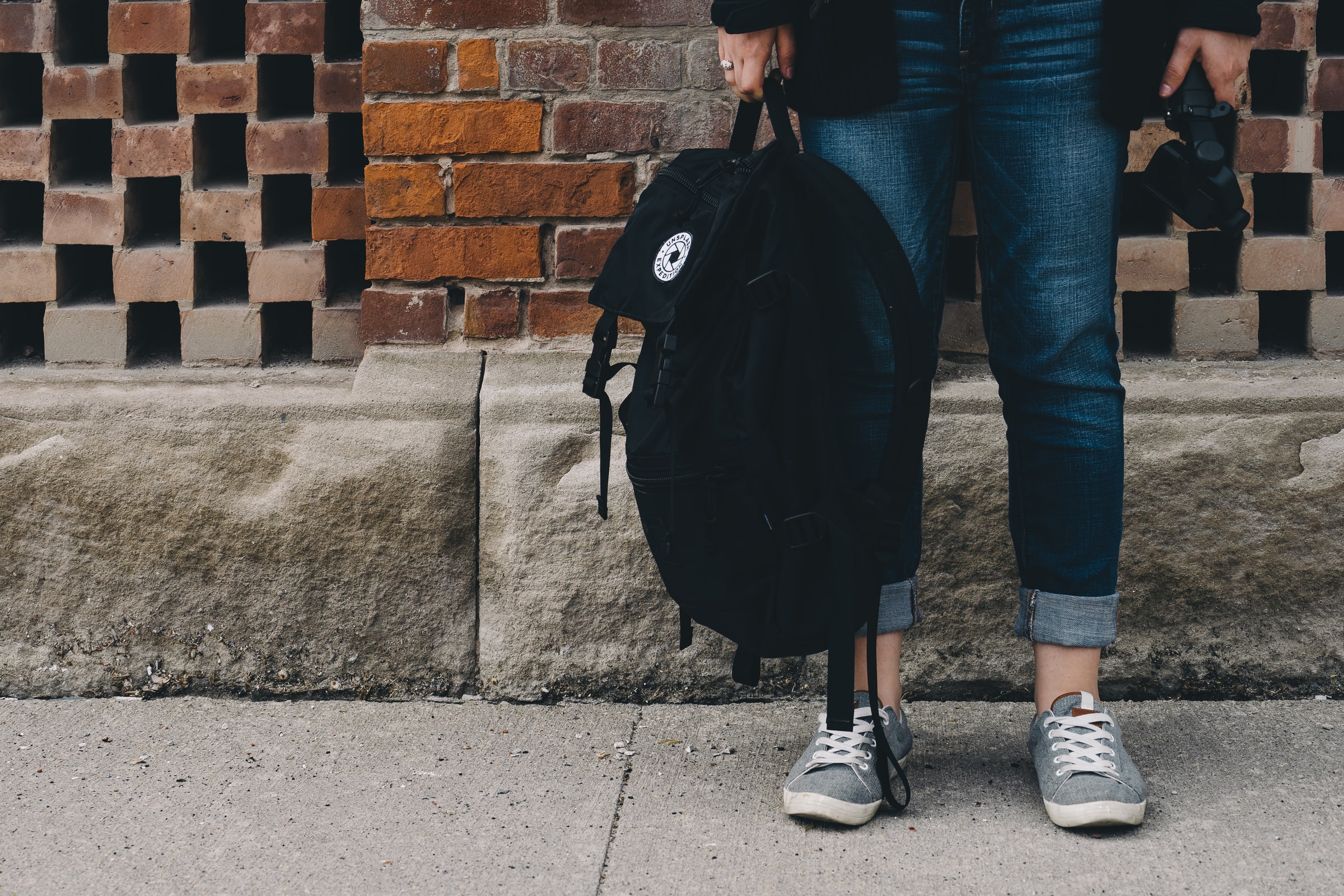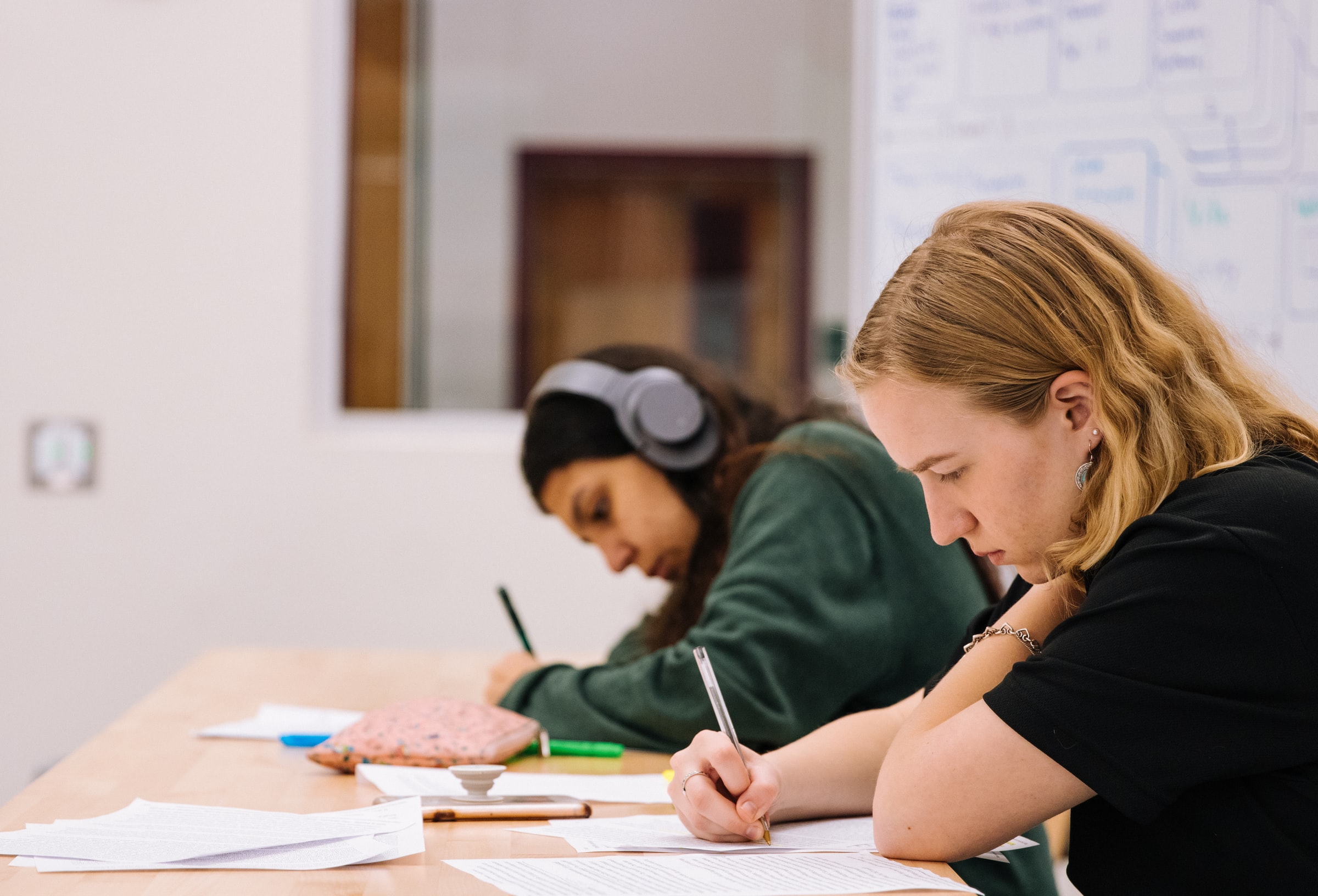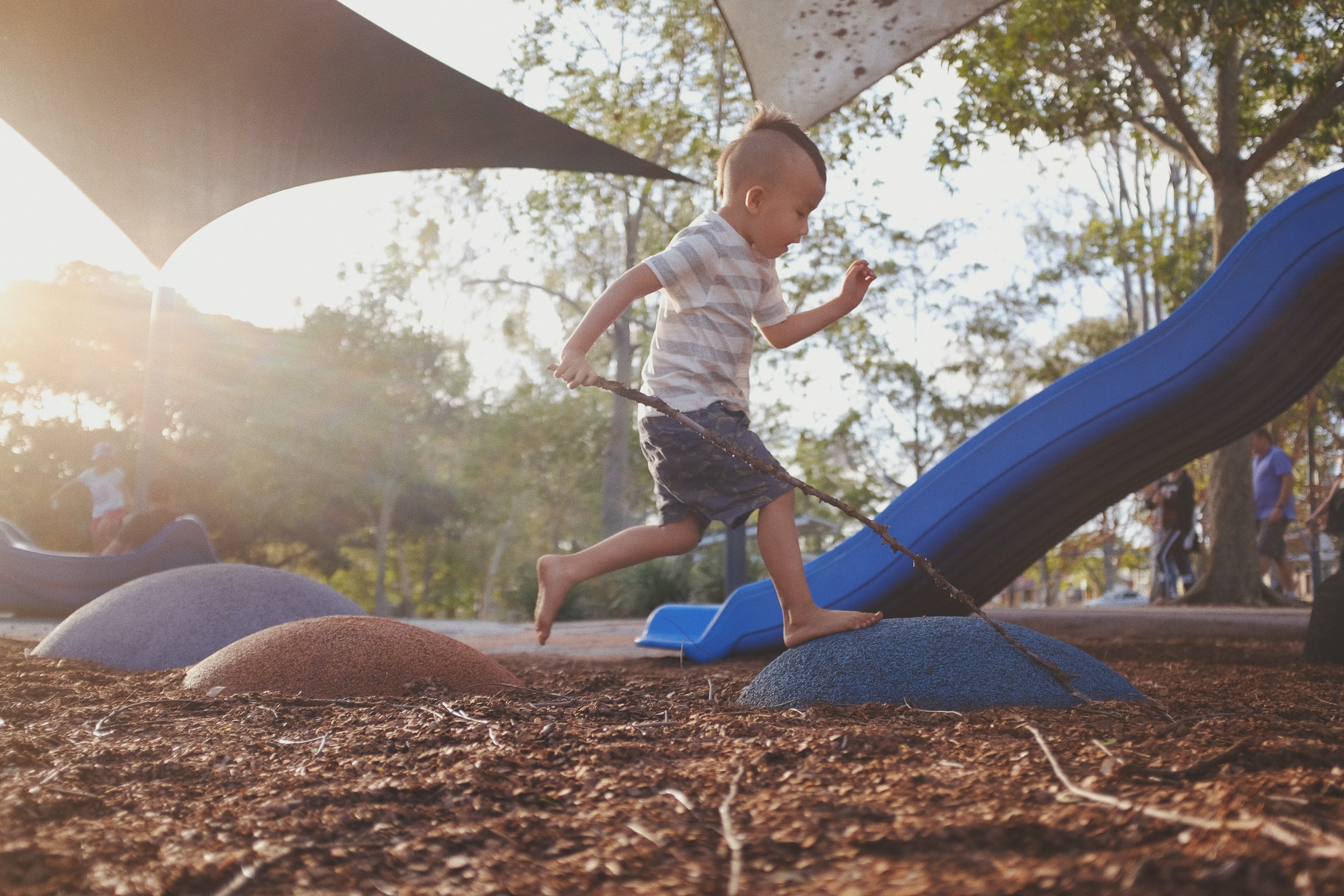Bushfires, drought, COVID: why rural Australians’ mental health is taking a battering
David Perkins, University of Newcastle and Hazel Dalton, University of Newcastle Among the Bushfire Royal Commission’s 80 recommendations, released last week, was a call to prioritise mental health support during and after natural disasters. The Australian Medical Association this week called on the federal government to implement the recommendations to lessen the health impacts of [...]










